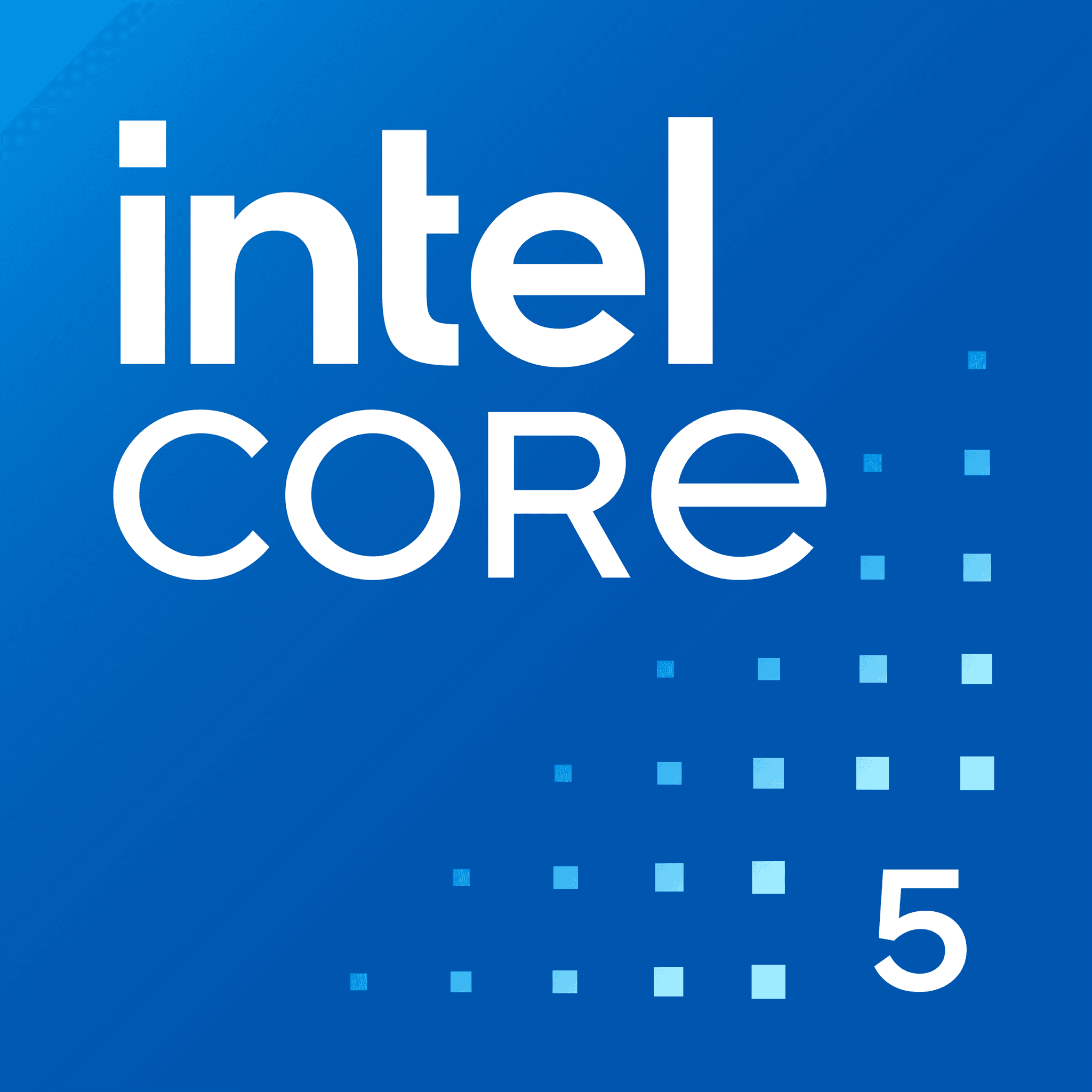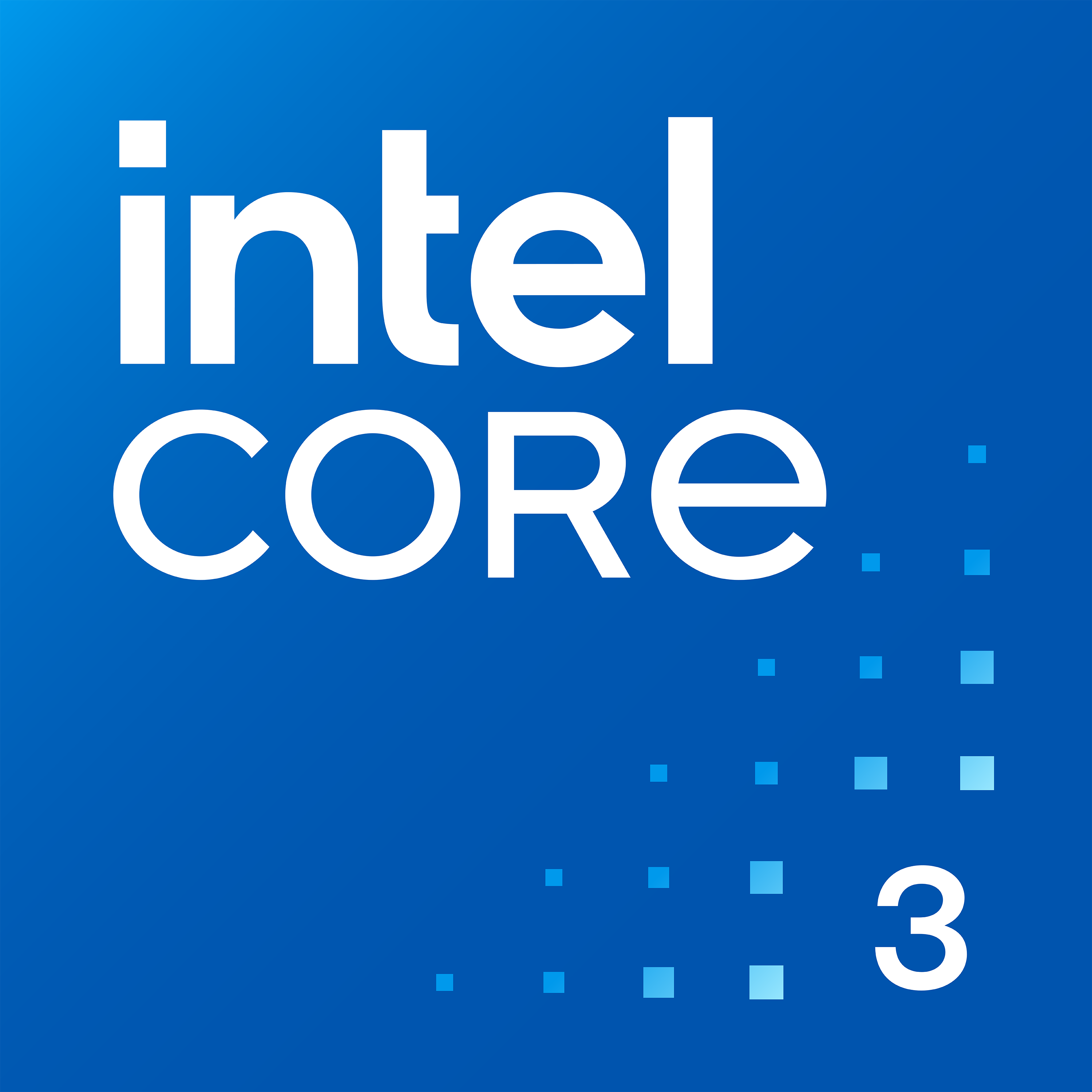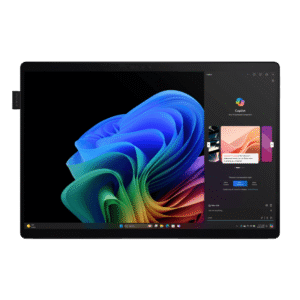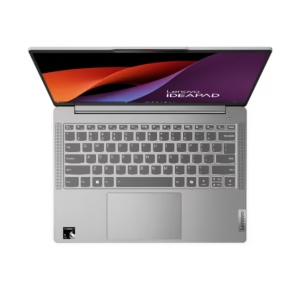Gadgetviza » Processors Comparisons » AMD Ryzen 5 8640U -vs- Snapdragon X Plus X1P-42-100
AMD Ryzen 5 8640U -vs- Snapdragon X Plus X1P-42-100
Related Processor




























































Compare Related Processor
Specs comparison between AMD Ryzen 5 8640U and Snapdragon X Plus X1P-42-100
General | ||
|---|---|---|
Image | 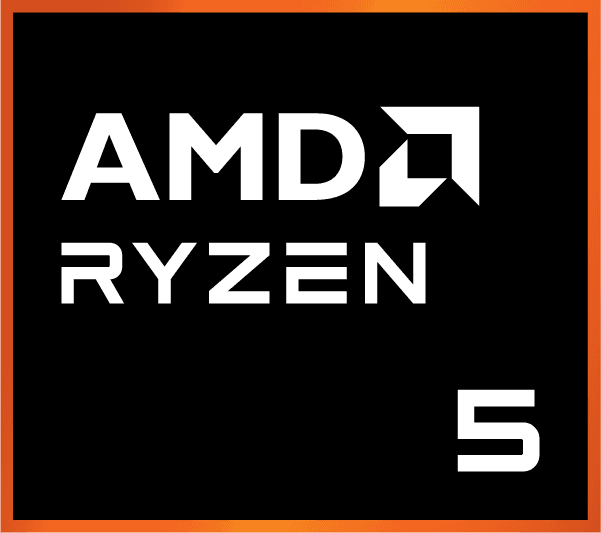 |  |
Name | AMD Ryzen 5 8640U | Snapdragon X Plus X1P-42-100 |
Code Name?An internal name used by the manufacturer during the development of a processor architecture. It often indicates the generation or specific design of the processor. | Hawk Point | Oryon |
Series?The marketing name given to a specific family of processors within a brand's lineup, such as Intel Core i7 or AMD Ryzen 5. Series names help categorize processors based on performance and target market. | AMD Ryzen 8000 Series | Snapdragon X Plus |
Model Name?The marketing name given to a specific family of CPUs within a brand's lineup, such as 'Intel Ultra 5' or 'Intel Ultra 7'. Model names help categorize CPUs based on performance and target market. | AMD Ryzen 5 | X Plus X1P |
Instruction set?The set of commands that a processor understands and can execute. Different instruction sets support varying levels of performance and compatibility with software. | X86 | ARMv9 |
Launch Date | 12/2023 | 09/2024 |
Vertical?The intended market segment or use case for the processor, such as desktop, laptop, server, or embedded systems. It indicates the processor's design and features tailored for specific applications. | Laptop, Desktop | Laptop |
CPU | ||
|---|---|---|
Total No. of Core?The total number of physical processing units within the processor. More cores allow the processor to handle multiple tasks simultaneously, enhancing multitasking performance. | 6 | 8 |
No. of P-Cores?The number of Performance cores (P-cores) within the processor. P-cores are designed for high-performance tasks and demanding applications. | 6 | 8 |
P-core Base Frequency?The standard operating speed of the Performance cores (P-cores), measured in gigahertz (GHz). It indicates the P-cores' baseline performance level. | 3.5 GHz | 3.2 GHz |
P-Cores Boost Frequency?The maximum speed a P-core can reach under heavy load, measured in gigahertz (GHz). It represents the P-cores' peak performance capability. | 4.9 GHz | 3.4 GHz |
No. of Threads?The number of virtual processing units a core can handle simultaneously. Threads enable a single core to process multiple instruction streams, enhancing efficiency. | 12 | 8 |
L1 Cache?The smallest and fastest cache memory level, located closest to the processor cores. It stores frequently accessed data for rapid retrieval. | 64 KB (per core) | |
L2 Cache?A mid-level cache memory that provides a larger storage capacity than L1 cache. It stores data that is less frequently accessed than L1 but more frequently than L3. | 1 MB (per core) | Total 30 MB (shared) |
L3 Cache?The largest and slowest cache memory level shared by all processor cores. It stores data that is less frequently accessed than L2 but still needed for efficient operation. | 16 MB (shared) | |
Multiplier?A factor that determines the processor's clock speed by multiplying the base clock frequency. It influences the overall operating speed of the processor. | 35x | 34x |
Unlocked Multiplier?Indicates that the processor's multiplier can be adjusted, allowing for overclocking to increase performance beyond the default specifications. | No | No |
Perfomance Score | ||
|---|---|---|
Cinebench R23 (Single core)?Measures a CPU's single-core performance using Cinema 4D's rendering engine | 1572 | 1752 |
Cinebench R23 (Multi core)?Multi-Core: Evaluates a CPU's multi-core performance, utilizing all cores for rendering | 9324 | 10038 |
Cinebench 2024 (Single Core)?Tests single-core efficiency using Redshift rendering engine | 91 | 98 |
Cinebench 2024 (Multi Core)?Assesses multi-core performance with Redshift rendering over a 10-minute test | 642 | 702 |
Geekbench 6 (Single Core)?Benchmarks a CPU's single-threaded performance in real-world tasks | 2203 | 2452 |
Geekbench 6 (Multi Core)?Measures multi-core processing power across various workloads | 9824 | 10583 |
Package | ||
|---|---|---|
Technology?The process used to create the processor, measured in nanometers (nm). Smaller manufacturing processes typically result in more efficient and powerful processors. | 4 nm | 4nm |
Base Power Consumption?The typical power consumption of the processor under normal operating conditions, measured in Watts (W). It indicates the processor's energy efficiency. | 15 watt | 12 watt |
Max. Power Consumption?The maximum amount of power the processor can consume under heavy load, measured in Watts (W). It represents the processor's peak power usage. | 30 watt | 80 watt |
Socket?The physical interface on the motherboard where the processor is installed. The socket type determines compatibility between the processor and motherboard. | FP7 , FP7r2 , FP8 | Custom |
Max. Temperature?The maximum safe operating temperature for the processor, measured in degrees Celsius (°C). Exceeding this temperature can lead to performance degradation or damage. | 100°C | |
IGPU | ||
|---|---|---|
IGPU Name?The specific name given to the integrated Graphics Processing Unit (IGPU) by the processor manufacturer. It identifies the IGPU's architecture and capabilities. | Radeon 760M | Qualcomm Adreno X1 |
Base Frequency?The standard operating speed of the IGPU, measured in megahertz (MHz). It indicates the IGPU's baseline graphics processing power. | 800 MHz | 500 MHz |
Boost Frequency?The maximum speed the IGPU can reach under heavy graphics load, measured in megahertz (MHz). It represents the IGPU's peak graphics performance. | 2600 MHz | 1107 MHz |
Shading Units?The number of processing units within the IGPU responsible for rendering graphics. More shading units generally result in better graphics performance. | 512 | 1536 |
TMUs?Texture Mapping Units (TMUs) are processing units within the IGPU that apply textures to 3D surfaces. More TMUs improve the realism and detail of rendered graphics. | 32 | 48 |
ROPs?Render Output Units (ROPs) are processing units within the IGPU that handle the final stage of rendering, converting pixel data into an image. More ROPs improve the frame rate and image quality. | 16 | 6 |
Execution Units?The number of parallel processing cores within the IGPU. These units execute graphics instructions, and a higher number typically indicates better graphics performance. | 8 | 6 |
IGPU Perfomance?The overall graphics processing capability of the integrated GPU. This is measured by how well it can handle graphical tasks, such as video playback and light gaming. | 2.7 TFLOPS | 1.7 TFLOPS |
NPU | ||
|---|---|---|
NPU Name?The specific name given to the Neural Processing Unit (NPU) by the processor manufacturer. It identifies the NPU's architecture and AI processing capabilities. | AMD Ryzen AI | Qualcomm Hexagon NPU |
NPU TOPS?The processing power of the NPU, measured by how fast it can perform AI and machine learning operations. Higher NPU performance leads to faster AI-powered features. | 16 Tops | 45 TOPS |
Display & Memory Support | ||
|---|---|---|
Memory Support?The types and speeds of RAM that the processor is compatible with. It specifies the maximum amount and speed of RAM that can be used with the processor. | DDR5 (FP7r2) , LPDDR5X (FP7-FP8) | LPDDR5x - 8448 MT/s (Up to 64 GB) |
Max. Display Resolution Support?The highest resolution that the processor's integrated graphics or the processor in conjunction with a dedicated GPU can output to a display. It indicates the maximum visual fidelity the processor can support. | 7680x4320 @ 60Hz | 3840 × 2160 @ 120Hz |
Features | PCIe 4.0, AES , AMD-V , AVX , AVX2 , AVX512 , FMA3 , MMX-plus , SHA , SSE , SSE2 , SSE3 , SSE4.1 , SSE4.2 , SSE4A , SSSE3 , x86-64 | Dual Micro NPU, Qualcomm Spectra ISP, Qualcomm Aqstic Audio, Qualcomm Smart Transmit technology, Qualcomm Wideband Envelope Tracking, Qualcomm AI-Enhanced Signal Boost adaptive antenna tuning, Qualcom® 5G PowerSave |
Features | AMD | Qualcomm |
Comparing Processors: AMD Ryzen 5 8640U and Snapdragon X Plus X1P-42-100
Introduction
In determining the most suitable processor for your use, knowing their performance features and capabilities is crucial. In this article, we thoroughly examine two high-end processors: the AMD Ryzen 5 8640U and the Snapdragon X Plus X1P-42-100. With different architectures, target markets, and performance ranges, these processors are designed for different user experiences. Let’s go through the details.
Processor Overview
AMD Ryzen 5 8640U
The AMD Ryzen 5 8640U, code-named “Hawk Point,” is the epitome of AMD’s laptop and desktop processor technology. Based on the X86 instruction set, this processor is designed for multitasking and high-workload performance. With six cores in total, it is capable of meeting demanding applications and gaming requirements. Its P-cores are robust, with base and boost frequencies of 3.5 GHz and 4.9 GHz, respectively.
Snapdragon X Plus X1P-42-100
Snapdragon X Plus X1P-42-100, which goes by the code name “Oryon,” is a future-proof processor built by Qualcomm targeting laptops. With the ARMv9 instruction set, it is optimized for efficiency and performance. The processor features a total of eight cores, all of which are P-cores running at a base frequency of 3.2 GHz and a boost frequency of 3.4 GHz, and is perfect for light tasks and power-conscious devices.
Performance and Energy Efficiency
AMD Ryzen 5 8640U
The AMD Ryzen 5 8640U is produced with a 4 nm technology, providing the best performance with low energy usage. With a base power consumption of 15 watts and a maximum power usage of 30 watts, it finds a balance between productivity and efficiency. Moreover, its thermal design enables it to support temperatures of up to 100°C, making it ideal for high-performance applications.
Snapdragon X Plus X1P-42-100
Qualcomm’s Snapdragon X Plus X1P-42-100 processor also uses 4 nm manufacturing technology but has a very different energy profile. It runs with a base power draw of 12 watts but can go up to 80 watts, depending on workloads. Its high maximum power makes it a good candidate for devices where performance is more important than energy efficiency.
Graphics Capabilities
AMD Ryzen 5 8640U
The onboard GPU in the AMD Ryzen 5 8640U is the Radeon 760M, a powerful graphics processor designed for intensive visual tasks. With a base clock of 800 MHz and a boost clock of 2600 MHz, it has great graphics processing capabilities. Specifications are as follows:
- Shading Units: 512
- Texture Mapping Units (TMUs): 32
- Raster Operators (ROPs): 16
- Total IGPU Power: 2.7 TFLOPS
This GPU has a 60Hz maximum display resolution of 7680×4320, supporting 4K and higher resolutions.
Snapdragon X Plus X1P-42-100
The efficiency-oriented integrated GPU of Snapdragon is Qualcomm Adreno X1. While its base and boost clock frequencies of 500 MHz and 1107 MHz are inferior to those of AMD Radeon 760M, it makes up for it with:
- Shading Units: 1536
- TMUs: 48
- ROPs: 6
- Total IGPU Power: 2.7 TFLOPS
The GPU has the best display support for a 3840×2160 at 120Hz display, ideal for clear 4K imaging.
Memory and Connectivity
AMD Ryzen 5 8640U
Supported memory for AMD Ryzen 5 8640U comprises DDR5 and LPDDR5X technology, ensuring fast data communication speeds and better multitasking capabilities. Supported sockets comprise FP7, FP7r2, and FP8, allowing adaptability for product designers. The feature performs amazingly on high-density display handling as well as taxing apps.
Snapdragon X Plus X1P-42-100
The Snapdragon processor has LPDDR5x memory support up to 8448 MT/s and up to 64 GB capacity. This feature is suitable for products that need high memory footprints and quick data processing. Its connectivity also prioritizes smooth visuals, with a display resolution of up to 3840×2160 at 120Hz.
Neural Processing Units
AMD Ryzen 5 8640U
The AMD Ryzen 5 8640U features the AMD Ryzen AI NPU, with 16 TOPS (trillion operations per second). The feature is geared to provide superior performance in AI-based applications like natural language and image recognition.
Snapdragon X Plus X1P-42-100
Qualcomm’s Hexagon NPU is the powerhouse of an NPU, with 45 TOPS and one of the most powerful neural processing units to date. It is optimized for AI-intensive tasks like machine learning and predictive analysis.
Conclusion
Both processors serve distinct purposes. The AMD Ryzen 5 8640U excels in balanced energy consumption, versatile desktop and laptop support, and high-resolution handling. Meanwhile, the Snapdragon X Plus X1P-42-100 shines in AI performance, memory capabilities, and laptop-centric efficiency. Your choice will depend on the priority—whether it’s multitasking, advanced visuals, or cutting-edge AI applications.
Updated:


